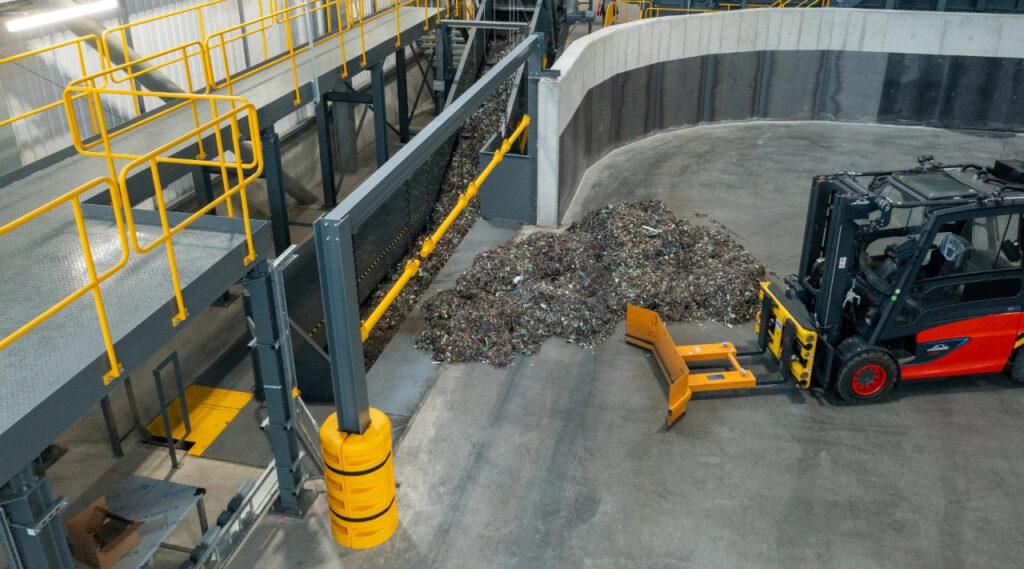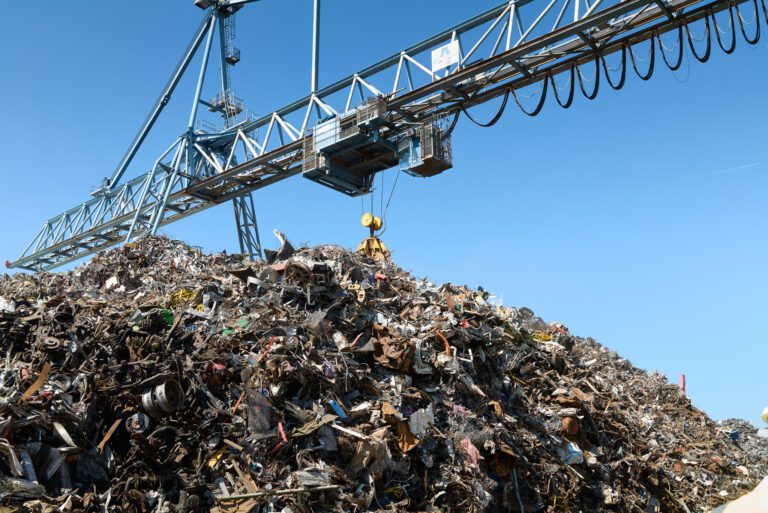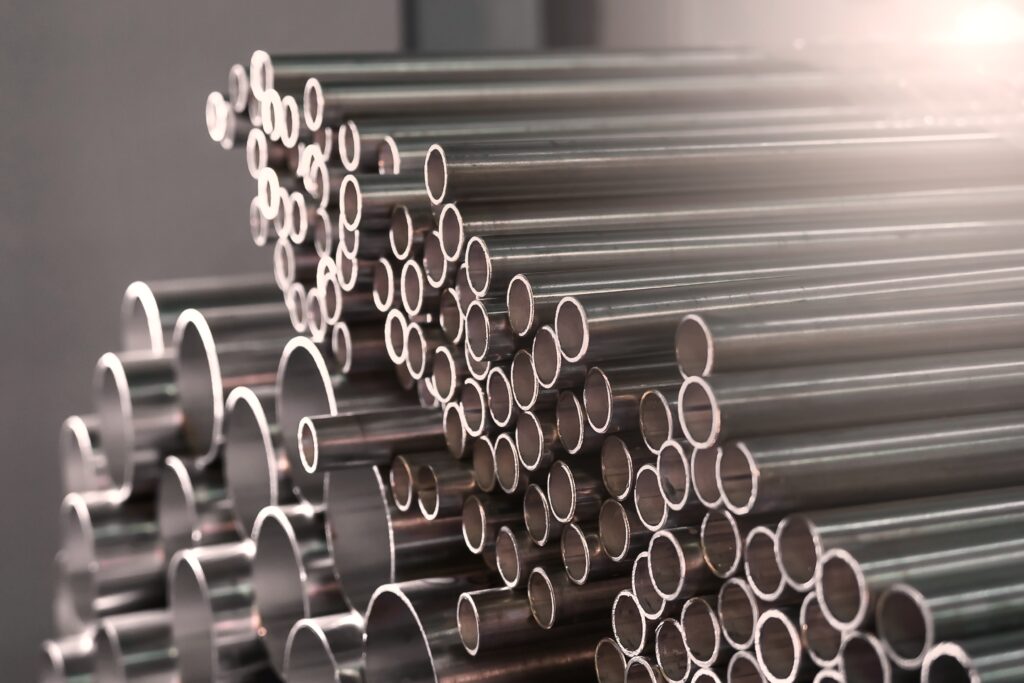The UK-based chairman of the Bureau of International Recycling (BIR) stainless steel and special alloys committee, Michael Wright, warned that there is “always a pause of three to six months” between increased stainless steel production and an upturn of steel availability.
Mr Wright, who was speaking at the trade association's World Recycling Convention in Dubai at the end of May 2009 told the committee that, in the “early months” of 2009, old scrap availability had fallen by at least 60%, while revert and new production scrap availability fell by 40% and 25% respectively.
Scrap volumes are expected to fall from 7.4 million tonnes to between 5.2 and 5.8 million tonnes this year
Michael Wright, BIR metals chief and BMRA president
He also revealed that scrap volumes were expected to fall from 7.4 million tonnes in 2008 to between 5.2 million tonnes and 5.8 million tonnes this year, alongside a 17% fall in stainless steel production worldwide of 17% – from 23.6 million tonnes in 2008 to 19.6 million tonnes in 2009.
While Mr Wright, who is also president of the British Metals Recycling Association, stressed that, due to the turbulent economic situation, “these figures could be out of date within a few weeks”, his warnings of a supply/demand imbalance were echoed by former committee chairman Barry Hunter, of US company Hunter Alloys.
Mr Hunter said that, if the recent growth in stainless steel production in China continued, “scrap availability compared to price will become the major market concern for our customers”.
The warnings of significant market changes were also echoed by George Adcock, of the London Metal Exchange, who told delegates they should expect further price volatility.
And, shortages of both scrap and demand for scrap were reported by committee representatives from the Middle East, India, and USA, with Mark Sellier of Japanese-based KMR Stainless BV stating that Asia's scrap volumes were “down by more than 75%” due to a significant drop in manufacturing activity, and that revert scrap was “drying up”.
Contracts
Concerns over the impact that the economic crisis had on steel mills honouring their contractual agreements with metals recyclers were also raised during the BIR event, during the Ferrous Division's meeting.
Tom Bird, president of the European Ferrous Recovery and Recycling Association (EFR), and managing director of Sims Metals in the UK, said: “The actions of certain steel mills both in the EU and around the world have been very disappointing over the last few months.
“The cancelled and renegotiated orders that many of our members have had to face are a bad reflection on the steel sector,” he added.
However, the meeting also heard that contractual obligations had been met following “fruitful” discussions between the scrap and steel industries, which involved both the BIR and EFR.
The BIR warned last year that the scrap metal sector had been particularly affected by “unethical” buyer behaviour as the economic slowdown affected their businesses (see letsrecycle.com story).
Mr Bird also commented on the supply/demand issue, claiming that further inventory reductions would need to be made in the steel chain before a balance between the two could be achieved.
He said that EU member states' collection had remained relatively robust, but added that “inbound volumes in some regions have dropped as low as 50% year-on-year, with margins dramatically squeezed on shredder grades”.








Subscribe for free